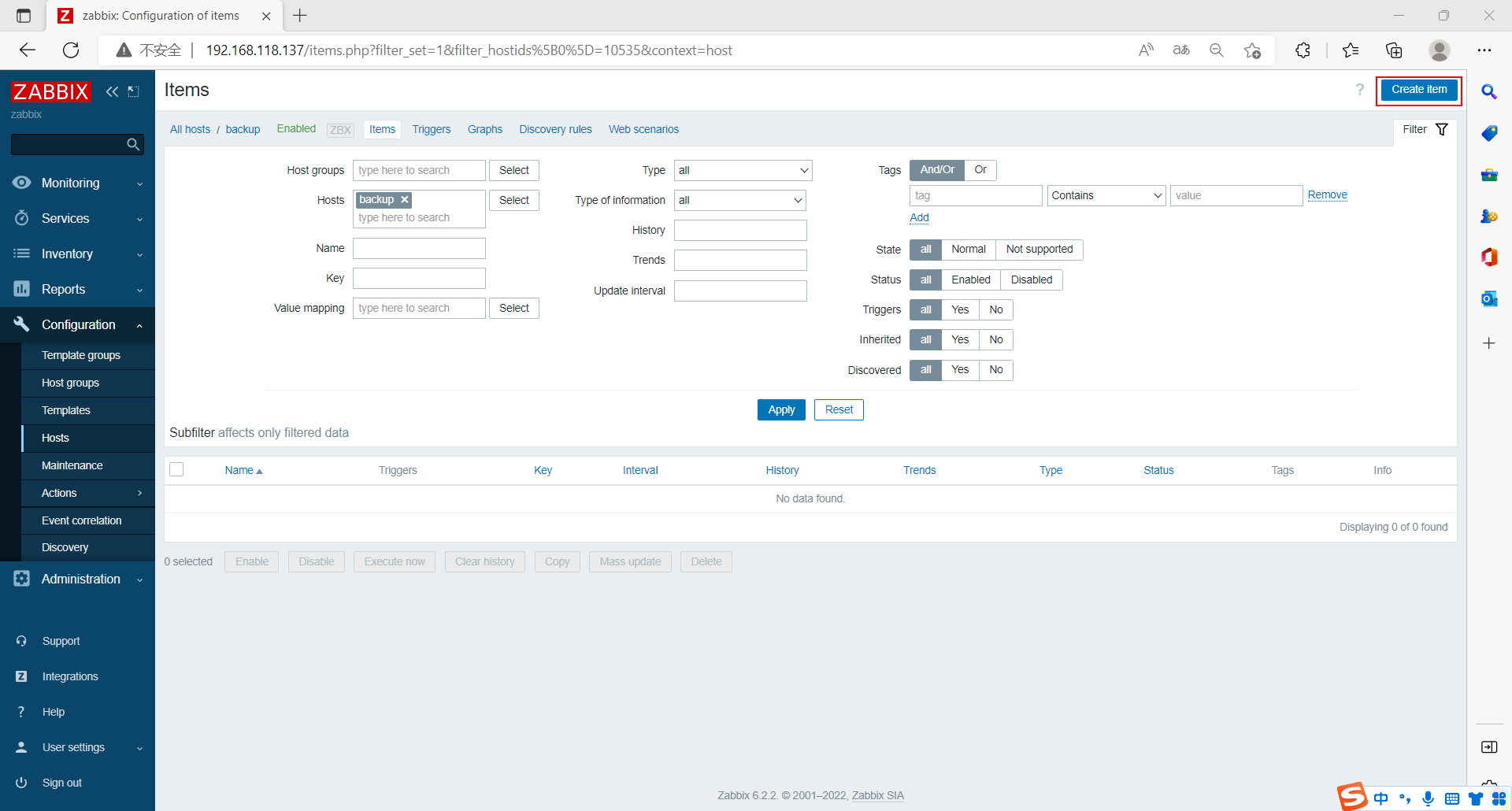
It's also worth being aware that Keepalived provides more than just a VRRP implementation. If server1 fails, then server2 takes over this IP. In the above topology, server1 is the master and is responsible for the 192.168.122.200 IP address. If the master fails, VRRP provides mechanisms for detecting that failure and quickly failing over to a standby host. Only one host (the master) controls the VIP at a time. One or more hosts (routers, servers, etc.) participate in an election to determine the host that will control that VIP. VRRP uses the concept of a virtual IP address (VIP). These same concepts may be applied to servers. Routers are often deployed in pairs, where one router is active and another is standby, ready to go in case the active router fails. It turns out that the same networking technology used for providing redundancy to network equipment can also provide redundancy in server environments. It might sound strange that we're using a protocol built for routers on our servers. The protocol that underpins HA failover is the Virtual Router Redundancy Protocol (VRRP), and Keepalived provides both a version 2 and a version 3 implementation of this protocol. If you've read some of the Enable Sysadmin networking articles, then you know that all sysadmins can benefit from a firm understanding of network fundamentals. Network symbols in the diagrams available via VRT Network Equipment Extension, CC BY-SA 3.0.
Keepalived linux bridge windows#
Recent PostsĬloudflare dns firewall food hammock hcl kubernetes linux programmering webserver windows Tags

Please enable JavaScript to view the comments powered by Disqus. I use the pidfile to check if unbound is running in the chk_unbound script KeepAlived config Primary Host (172.16.0.90)Īdd this to /etc/keepalived/nf You need to change some of the parameters. #forward-addr: 1.1.1.1 # Cloudflare DNS Primary #forward-addr: 1.0.0.1 # Cloudflare DNS Secondary #forward-addr: 1.1.1.2 # Cloudflare DNS Malware Filtering #forward-addr: 1.0.0.2 # Cloudflare DNS Malware Filtering Secondary forward-addr: 1.1.1.3 # Cloudflare DNS Malware + Adult Filtering forward-addr: 1.0.0.3 # Cloudflare DNS Malware + Adult Filtering Secondary #forward-addr: 8.8.8.8 # Google DNS Primary #forward-addr: 8.8.4.4 # Google DNS Secondary #forward-addr: 9.9.9.9 # Quad9 DNS 3. # Forward DNS Requests to public resolvers forward-zone:

# Private Addresses RFC1918 # DNS Rebinding Prevention private-address: 10.0.0.0/8 If no, then localhost can be used to send queries to. #serve-expired: yes #serve-expired-ttl: 86400 # Query localhost do-not-query-localhost: no # Default is yes. Msg-cache-slabs: 4 # power of 2 to num-threads rrset-cache-size: 100m # rrset=msg*2 rrset-cache-slabs: 4 infra-cache-slabs: 4 infra-cache-numhosts: 10000 infra-cache-min-rtt: 120 key-cache-size: 100k Threading is disabled if set to 1 num-queries-per-thread: 4096 # Caching cache-min-ttl: 7200 cache-max-ttl: 86400 msg-buffer-size: 8192 # Default Value 65552 msg-cache-size: 50m DNS Flag Day 2020 so-rcvbuf: 2m #4m so-sndbuf: 2m #4m so-reuseport: yes # Faster UDP with multithreading (linux only) # TCP incoming-num-tcp: 10 outgoing-num-tcp: 10 # Perfomance Tuning num-threads: 2 # number of cores.

Version: "" edns-buffer-size: 1232 # Prevent IP fragmentation. #module-config: "validator iterator" # General Settings port: 53 do-ip4: yes

Username: "unbound" directory: "/etc/unbound" chroot: "/etc/unbound" pidfile: "unbound.pid" do-daemonize: no # Set to no when use-systemd is enabled use-systemd: yes


 0 kommentar(er)
0 kommentar(er)
